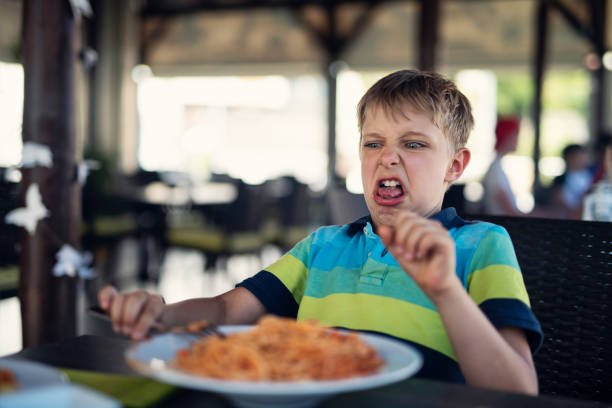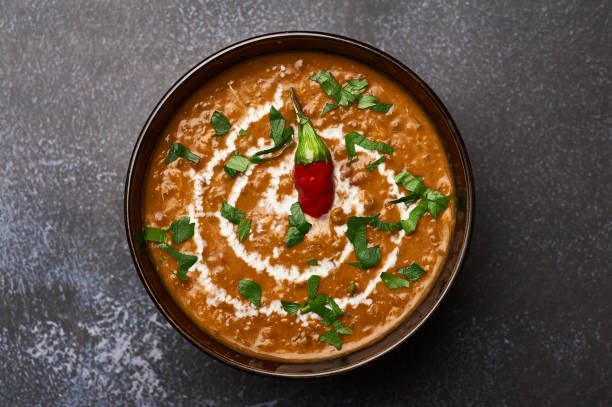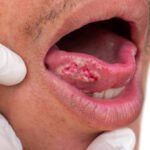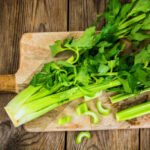Remedies for Food Poisoning
Food poisoning is an illness you get from eating food that has bacteria, a virus, or a parasite in it. Symptoms can begin hours, days, or weeks after ingestion — depending on the type of infection — and can include:
- Vomiting
- Nausea
- Diarrhea
- Stomachache
- Fever
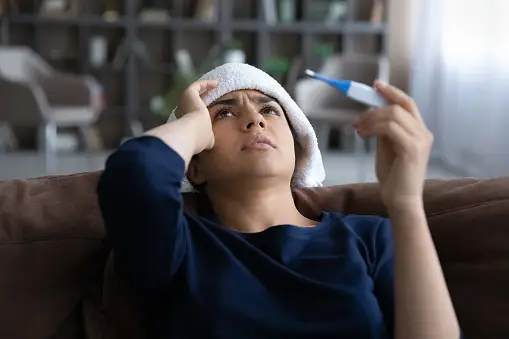


Here are some of the organisms that may cause food poisoning:
- Campylobacter, bacteria found in contaminated or poorly processed foods and drinks
- Escherichia coli (E. coli), usually found in raw vegetables and undercooked meat
- Listeria, which can be present in deli meats and soft cheeses
- Norovirus, which you can get from undercooked shellfish
- Salmonella, typically found in undercooked poultry and raw eggs
- Staphylococcus aureus, which can also cause staph infections
You likely won’t get sick every single time you come into contact with one of these organisms. Older people, infants, young children, pregnant people and their unborn offspring, and people with compromised immune systems are more at risk of becoming ill from foodborne pathogens.
Poor food handling is the main reason people get foodborne illnesses. To lessen the chances of food poisoning, do the following:
- Wash hands and dishes frequently in hot, soapy water.
- Wash raw vegetables or fruits.
- Handle raw food — especially meat — in a sanitary way.
- Refrigerate or freeze perishables that need to be stored promptly.
- Cook meat to the proper temperature.
- Defrost frozen food safely and cook it immediately.
If you take a food item out of your fridge and pantry and it looks questionable, just throw it away.
Remedies for Food Poisoning
Some remedies for food poisoning ease the symptoms, while others help to prevent dehydration, which can make symptoms worse.
Resting Your Body
Simple rest is one way to help your body heal from food poisoning. Take it easy until you are feeling better.
Additionally, do not eat or drink for a few hours after the onset of symptoms. Once you do start eating and drinking again, try gentle and bland foods, like crackers, and sports drinks. Suck on ice chips to stay hydrated.
Hydrating With Electrolytes
One of the most common complications of any foodborne illness is dehydration, especially among young children and older adults. The condition can be fatal if it’s not treated right away
Dehydration due to common symptoms of food poisoning — diarrhea and vomiting — can cause you to lose a lot of fluid in a short time. A lack of fluids in the body can cause tiredness, weakness, and sometimes even irregular heartbeats.
Unless the dehydration is severe, it’s often treatable at home and according to your doctor’s instructions. Sports drinks or water with electrolyte tablets can usually ease mild dehydration. Serious cases could necessitate going to a clinic or hospital immediately to get intravenous (IV) fluids directly into your body through your veins.
Following the BRAT Diet
The BRAT diet is gentle on the stomach and consists of bananas, rice, applesauce, and toast. Eat this for as long as you’re not feeling well. You can also include clear broths in this diet.
This diet contains foods that help make your stools firmer and helps to replenish nutrients you may have lost throughout your illness. If you choose not to follow this diet, make sure to eat smaller and low-fat meals until you are feeling better.
Adding Probiotics to Your Meals
Probiotics are organisms that help to keep your gut biome in check. Everyone has bacteria living inside of them all the time. Some of these are “good bacteria,” and some are “bad bacteria.”
Food poisoning can throw off the delicate balance of good and bad bacteria in your gut. Taking probiotics can bring it back into balance. They may also strengthen your gut to protect you from future foodborne illness.
Taking Over-the-Counter Medicines
Over-the-counter medicines may stop the symptoms of food poisoning. Bismuth subsalicylate — you may know this medicine as Pepto-Bismol — can treat nausea and diarrhea. Loperamide — you may know this as Imodium — is an antidiarrheal that stops diarrhea by slowing down the digestive process.
It’s important to note that these products are generally not meant for children, however. The Food and Drug Administration (FDA) recommends that young children with diarrhea drink fluids and follow their regular diet, although diet changes and rehydration solutions may be needed if the problem continues.
